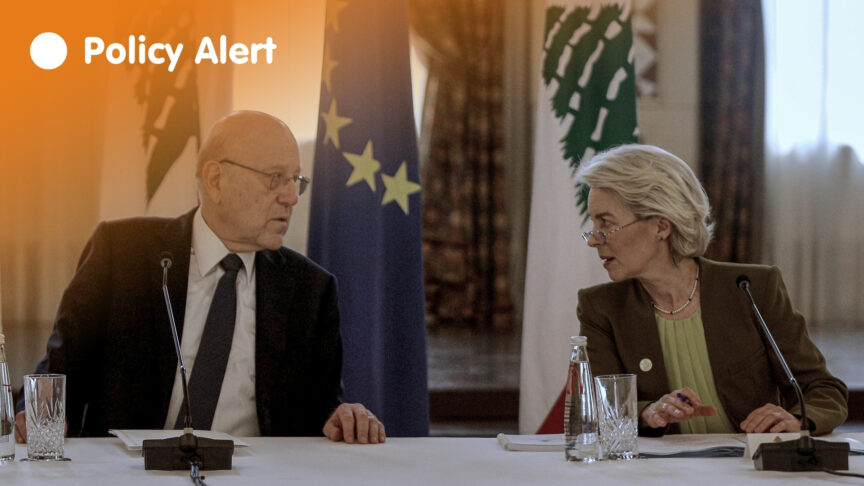Britain’s Strategic Defence and Security Review and deterring Russia
Russia is being weaponised to justify big-ticket buys for the UK military, yet there’s little talk of what Moscow thinks matters.
British defence spending and capabilities are in the middle of a bitter review in which the potential threat from Russia is frequently invoked, whether that means cutting ocean-bottom internet cables, flying bombers into our airspace, or invading Nato territory.
Russia is – to use a word of the day – being weaponised in the name of particular service interests and justifying big-ticket new systems. Nonetheless, given that Russia is the most serious aggressor the UK might have to face, it is striking how little discussion there has been about what kind of British military capabilities genuinely concern Russian soldiers and planners.
Insofar as one can glean lessons from their military writings, and courtesy of my own conversations with Russian officers, both serving and retired, I can see three definite concerns of theirs and one glaring omission.
If deterring the Russians is a major concern, then it is worth paying attention to what might really deter them: a flexible, fast-moving and versatile force of true professionals.
The suggestion that the UK merges and shrinks its special and intervention forces would no doubt be roundly cheered in the Russian general staff’s massive building on Znamenka Street, Moscow. As a recently retired officer from its planning directorate once said to me, with more enthusiasm than originality: “Britain has always had the best light infantry in the world, and the bastards get places faster than we would like.”
Tanks are great for fighting other tanks, but there is little serious likelihood of a full-scale land war between Russia and Nato. For everything else, from flag-flying and humanitarian intervention, to heading off Crimea-style landgrabs, where what matters is getting to the battlefield when it counts, rather than too late, the special forces, Royal Marines and paras are hard to beat.
These forces also suit post-Brexit geopolitics. They allow the UK to achieve its usual aim of “punching above its weight” and, blasphemy though it may be, make the French happy. On a recent trip to the French defence ministry, I repeatedly heard concerns that Brexit leaves France as the last EU country with the will and the forces to mount serious out-of-area operations. If we are still potential partners, that gives us credibility – and leverage.
In a way, the Russians have a similar perspective on the Royal Navy. What bothers them is not our massive new aircraft carrier, which one naval officer said would make a great “missile magnet” in time of war. Rather, the concern is about smaller, lighter forces. Submarines that can contest the northern waters. Frigates able to both protect our coastlines and project power abroad. Simply having the number of ships to keep enough deployed at any one time. As the officer continued: “If your navy is essentially one carrier battle group, you can do one thing well, but nothing else.”
Thirdly, it is not just specific forces and units that the Russians believe gives the UK its edge, but training and morale. Russian successes in Crimea and Syria partly represent an unfamiliar new emphasis on the human side of their military. Britain’s problems of having to scrimp on training and overstretch its forces have not gone unnoticed. One Russian noted that “these days, the Europeans have armies but no soldiers, while the British have always had soldiers” – he actually used the word boets, which really means something closer to “warriors” – “so why would they want to lose that?” Why indeed?
Of course there are many other facets essential to the UK’s defence capability. What doesn’t seem to worry the Russians? Not once have I heard any taking our “independent nuclear deterrent” seriously. For all kinds of reasons, this is currently not under serious debate – though taking its cost out of the defence budget would make a massive difference – but let us not pretend it is because Moscow thinks it matters.
The defence review must consider British interests in the round, of course. But if deterring the Russians is a major concern, then it is worth paying attention to what might really deter them: a flexible, fast-moving and versatile force of true professionals. Not necessarily with the heaviest kit, the biggest ships or the priciest aircraft, but able to get where they are needed, when they are needed.
Originally published in The Guardian on 19th January.
The European Council on Foreign Relations does not take collective positions. ECFR publications only represent the views of their individual authors.


